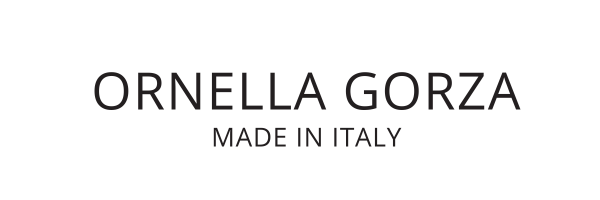SUSTAINABILITY
We are committed to understanding the environmental impact of our materials, suppliers, and the craftsmanship behind our bags. Below, we outline the measures we take to demonstrate our dedication to sustainability.
Our genuine, high-quality leather is exclusively processed in Italy by Italian tanners, who adhere to the strictest European standards, thus obtaining formal certification for quality (ISO 9001), safety (ISO 45001) and environmental stewardship (ISO 14001). These certifications have enabled our tanners to achieve the highest score of the international certification, the Gold Rating by the Leather Working Group (LWG). LWG’s main goal is to develop and maintain protocols that evaluate environmental compliance and sustainable business practices within the leather industry, promoting ongoing improvements.
In addition to these, other sustainability certifications include ISO 14064-1 for greenhouse gas emissions reporting and certifications like OEKO-TEX for leather products, confirming adherence to strict environmental and safety standards.
Moreover, the processing of the (exterior) leather has been evaluated under the Biobased Certification Measurement System by the United States Department of Agriculture (USDA), confirming that the energy used predominantly comes from renewable sources.
Our packaging, produced exclusively in Italy, comes from certified suppliers. These certifications include:
- ISO 9001: for quality management.
- FSC (Forest Stewardship Council) certification , ensuring the origin and traceability of the raw material from responsibly managed forests that meet rigorous environmental, social and economic standards.
- SA 8000 (Social Accountability), a certification standard that addresses social responsibility, including the respect for human and workers’ rights.
All our bags are handmade by Italian, family-run artisan companies that preserve local techniques and traditions. We work only with partners we know and trust, who offer fair working conditions and a safe, professional and harmonious working environment.
Even our flannels are sourced from Italian suppliers holding several certifications:
- ISO 9001: an international standard for Quality Management Systems (QMS), ensuring consistent product quality and continuous improvement.
- ISO 45001: an international standard for Occupational Health and Safety Management Systems, aimed at reducing workplace risks and enhancing employee safety and well-being.
- BCI (Better Cotton Initiative), which promotes sustainable cotton production, improving environmental standards and working conditions for farmers globally.
- GOTS (Global Organic Textile Standard), certifying textiles made from organic fibres, ensuring sustainable and ethical production from harvesting to labelling.
- GRS (Global Recycled Standard), certifying products with recycled content, ensuring sustainable practices, traceability, and responsible social and environmental production.
Regarding our accessories, our most frequently used material is zamak also knows as Zama, a sustainable metal alloy primarily made from zinc, with small amounts of aluminium, magnesium, and copper. We also use brass to a lesser extent. Both metals offer significant environmental benefits, particularly in sustainable manufacturing and recycling. Below we summarize and compare the two metals based on key properties:
|
Property |
Brass |
Zamak |
|
Recyclability |
Highly recyclable; can be reused indefinitely |
Highly recyclable; retains properties after recycling |
|
Melting Point |
Relatively low (~900-940°C) |
Very low (~380-400°C) |
|
Energy Consumption |
Lower energy use due to lower melting point and recycling potential |
Very low energy use due to low melting point and recyclability |
|
Corrosion Resistance |
High resistance to corrosion, especially in plumbing and marine environments |
Good resistance but not as high as brass; suitable for various applications |
|
Durability |
Very durable; long lifespan |
Durable but may not match brass in longevity for all applications |
|
Toxicity |
Generally non-toxic when lead-free, suitable for drinking water systems |
Non-toxic and environmentally safe, widely used in consumer products |
|
Applications |
Plumbing, construction, decorative items, and musical instruments |
Automotive parts, fashion accessories, electronics, and home goods |
These factors make zamak and Brass favourable choices for companies aiming to align with sustainable practices and reduce their carbon footprint in metal manufacturing.
